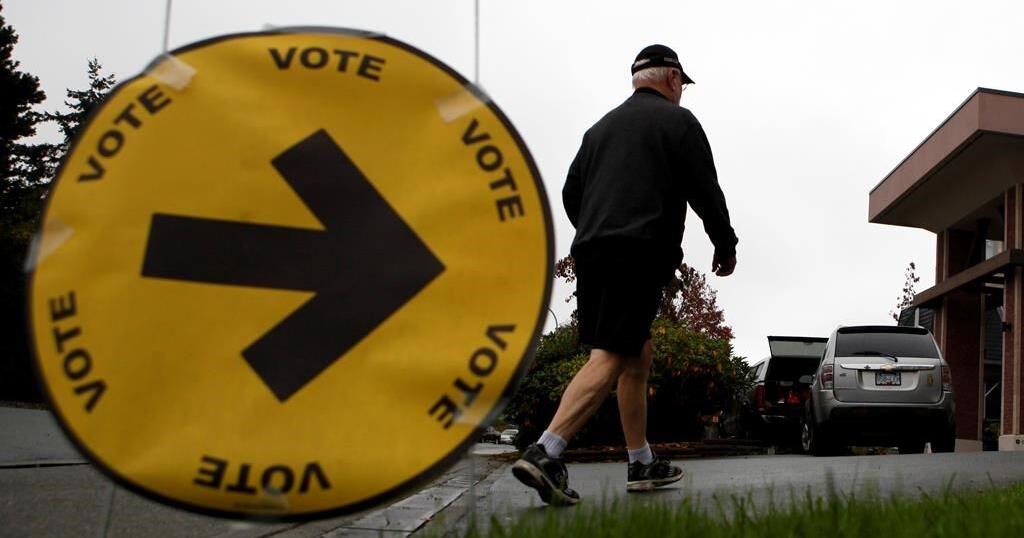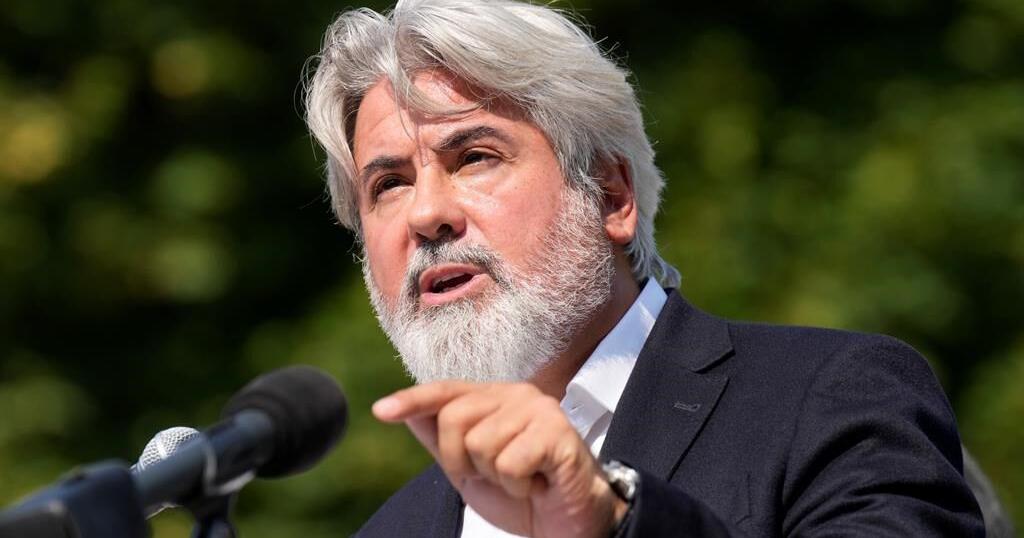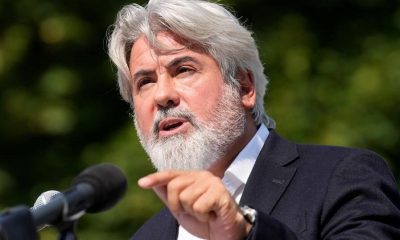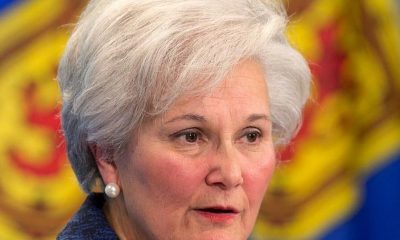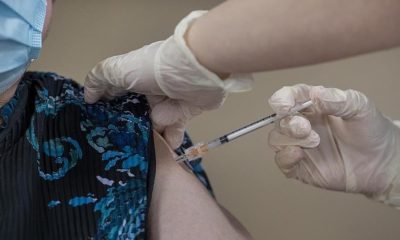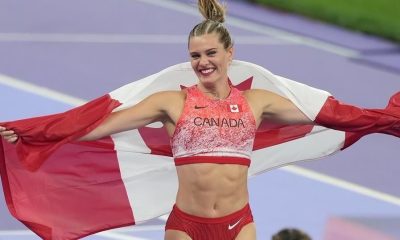British Columbians are voting in the next provincial election on Oct. 19. The NDP is hoping to hold on to power, while those on the right are running in a new political landscape after the former Opposition BC United folded and its Leader Kevin Falcon placed his support behind the B.C. Conservatives.
Here’s a look at B.C. elections over the past three decades:
British Columbia New Democratic Party, 1996
The NDP win a majority government under Glen Clark despite Gordon Campbell’s Liberals winning the largest portion of the popular vote at 41.8 per cent. Clark became leader after former premier Mike Harcourt resigned over money from charity bingo events being siphoned into the party.
British Columbia Liberal Party, 2001
The NDP and then premier Ujjal Dosanjh suffer a resounding defeat at the hands of the British Columbia Liberal party and are only able to hold on to two seats in the legislature. Former premier Glen Clark had resigned in 1999 after he was accused of receiving free renovations from a neighbour who had an application for a casino licence before the government.
British Columbia Liberal Party, 2005
Gordon Campbell’s Liberal party maintains its majority government status though the party drops from 77 seats to 46. The NDP — which came into the election without party status in the legislature with only two seats — grew its support to 33 seats under leader Carole James.
British Columbia Liberal Party, 2009
The Liberals form a majority government again, under Premier Gordon Campbell. He would resign before the next election over his government’s decision to adopt an unpopular Harmonized Sales Tax.
British Columbia Liberal Party, 2013
The Liberals win a fourth straight majority, this time under Christy Clark. She was defeated in her Vancouver Grey-Point riding by lawyer and NDP political rookie David Eby but later won a seat in the legislature in a byelection in the Westside-Kelowna riding. The BC Greens earned their first seat in the legislature, with Andrew Weaver winning in Oak Bay-Gordon Head.
British Columbia New Democratic Party in coalition with Green Party of British Columbia, 2017
The Liberals win a small minority following the 2017 election, but leader Christy Clark loses a confidence vote and resigned. The NDP’s John Horgan became the next premier, after signing a confidence and supply agreement with the support of the three Green members of the legislature. The two parties had a total off 44 seats, the minimum required for a majority.
British Columbia New Democratic Party, 2020
John Horgan calls a snap election one year ahead of the province’s fixed election date and in the midst of the COVID-19 pandemic. Horgan tells reporters he’s calling the election early because the province can’t afford “partisan hectoring and uncertainty about whether bills will pass or not.” The New Democrats win a majority.
This report by The Canadian Press was first published Sept. 20, 2024.



